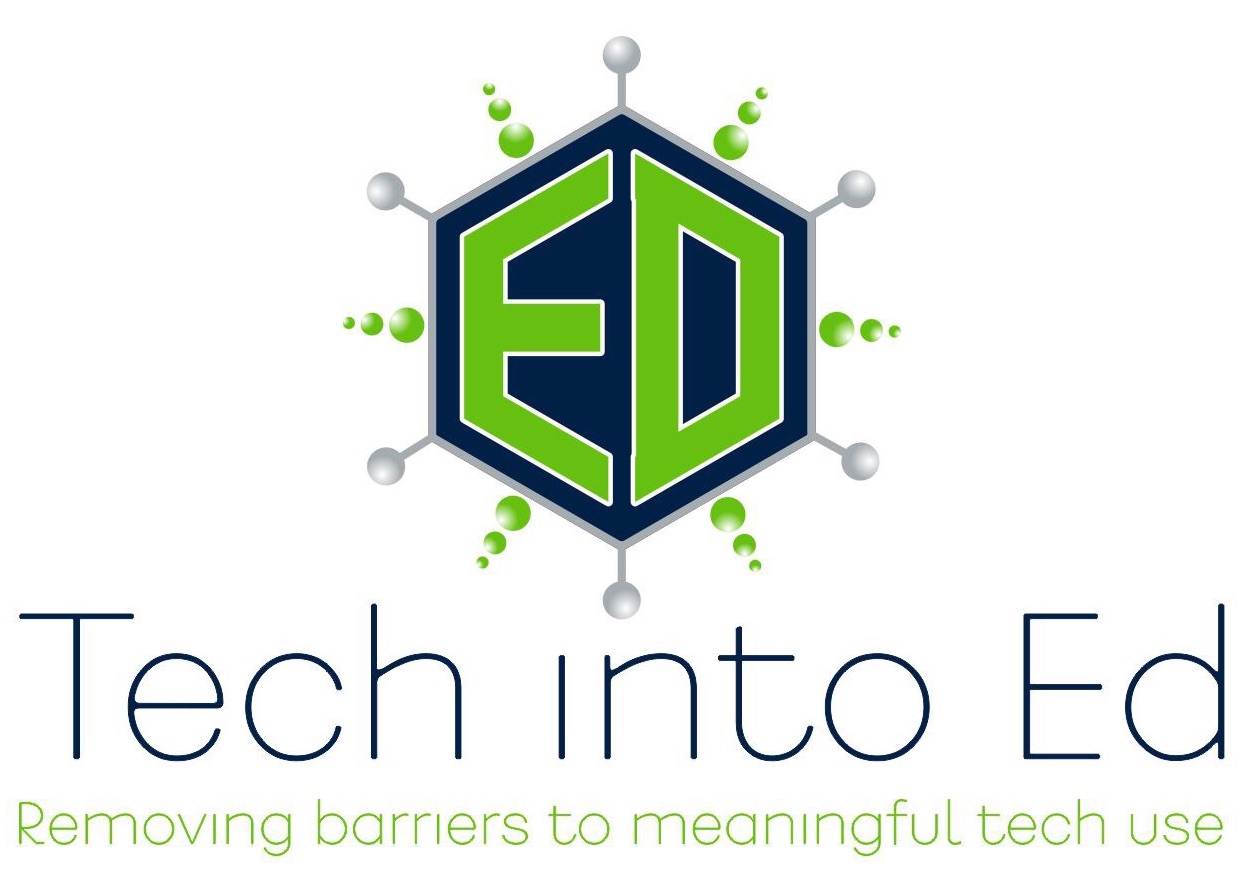
Pinterest - Social Bookmarking That is Both Graphic and Easy!
So, I'm not really sure where I learned about Pinterest, but thanks so much to whomever it was that pointed it out to me. I dig the concept of social bookmarking. It's a great idea conceptually. However, when it comes to actually digging into all that text -- well, the urge to back away quickly without taking time to actually read the content is often stronger than my desire to will myself through it all.
That's really why I like Pinterest. It's a graphic version of the links that I love from social bookmarking. Way more manageable and digestable than so many of those other biggies. It doesn't have everything I'd love in a social bookmarking site, but it is definitely worthy of a look from anyone who is just overwhelmed by all of the text and minutia of those the other social bookmarking biggies.
Here is the link to my first Pinterest Board: Ed Tech Books Worth Reading
Disclaimer: I KNOW they are not all "technology" books, but they are truly books about the elements needed to change any organization (specifically education), which means a move to more seamlessly integrated technology use by students to complete authentic tasks...so I think that should qualify!
Episode 6: Google Docs in your classroom
Google Docs isn't new to the online community, but to many teachers, it is a concept that is entirely new and exists in unexplored territory in our schools and in our classrooms. It is an incredible, free, functional, and intuitive tool, yet it doesn't get the attention it deserves from the educational community.
Google Docs is an online office suite software package released by Google. Anyone who has signed up for a free Gmail account can access Google Docs. The reality is, though, that most teachers have not explored the concepts of online software because many districts do not utilize these resources at all. This is unfortunate, as a tool like Google Docs is robust enough to do most of the heavy lifting of other more traditional office productivity software (namely the products from Microsoft), yet Web 2.0 modeled to incorporate real-time collaboration and accountability tools.
Teachers will be well suited to examine Google Docs to understand what it can offer them in their classroom instruction. For the price, it is a tool that absolutely deserves a first look. Due to the functionality, it deserves consideration in districts across the country as an alternative to high priced productivity software.
Links from the Show
Google Docs in Plain English - a video from the Common Craft Show:
This is a video that will help newcomers to Google Docs understand the bigger concept and purpose behind this revolutionary productivity tool.
Google Docs Tutorial Guides - Google teams up with Weekly Reader:
This is a series of three basic PDF tutorials created by Google in partnership with Weekly Reader to teach the use of Google Docs, and specifically, to teach the skill of revision in writing.
Google Docs Usage Tutorial:
Another basic Google Docs tutorial with some commonly asked questions and detailed step-by-step instructions.
Google for Educators Online Discussion Group:
Although I just stumbled upon this group, it looks like a solid resource for some of the major questions asked about Google Docs, and perhaps some additional support from the makers of the product.
Using Google Forms for Electronic Quizzes:
If you are interested in immediate feedback offered through online quizzes and surveys, check out Google Forms, a part of the Google Docs suite. This video shows how to easily create a Google Form survey, and how to manipulate the Google Spreadsheet to gather commonly utilized statistics on student performance.
Google Docs Bar for Firefox:
If you are a Firefox user and you begin to use Google Docs regularly, check out this freeware program. It is an extension for Firefox, but it allows you to access your Google Docs account at the touch of a button in your web browser.
Classroom 2.0:
I mentioned it several times in the show, and I will link to it here, again. If you haven't logged on to Classroom 2.0, you really need to try it out. The best advice I can give, though, is to not be afraid to make connections with the community. Find like-minded educators/professionals on the site and send them a message or write a note on their page. Your willingness to reach out to meet them will pay enormous dividends and will be rewarding and enjoyable. If you sign up, you can find me on the site: brianyearling.
Tech Trial - Fences:
For those of use who cannot seem to even keep our computer desktop organized, this is a handy little tool. Organize your desktop in seconds. A freeware program.
Tech Trial - Weebly:
A handy website generator, Weebly allows users to create sharp looking web pages in no time. Easy to use, no coding necessary, and ideal for the teacher/administrator/student who wants to create a nice looking page but doesn't want to invest the time to do all of the coding properly. Very easy to use..
If you've got questions, comments, ideas, suggestions, or want to share your use of non-linear PowerPoints with me, send it to: gettingtechintoed@gmail.com
Thanks for listening.
Brian Yearling
Host and Instructional Technology Enthusiast
Episode 3: Have you had your wiki today?
In this episode of Getting Tech Into Ed, Brian talks about one of his favorite Web 2.0 innovations: The WIKI. Trained to use these tools properly, educators have some of the most transformational, innovative tools they can imagine in their hands (and most often for completely free). The wiki can totally liberate educators and can provide opportunities for students to share their thoughts/ideas/learning with an authentic audience. In this show, Brian gives several ideas to listeners.
